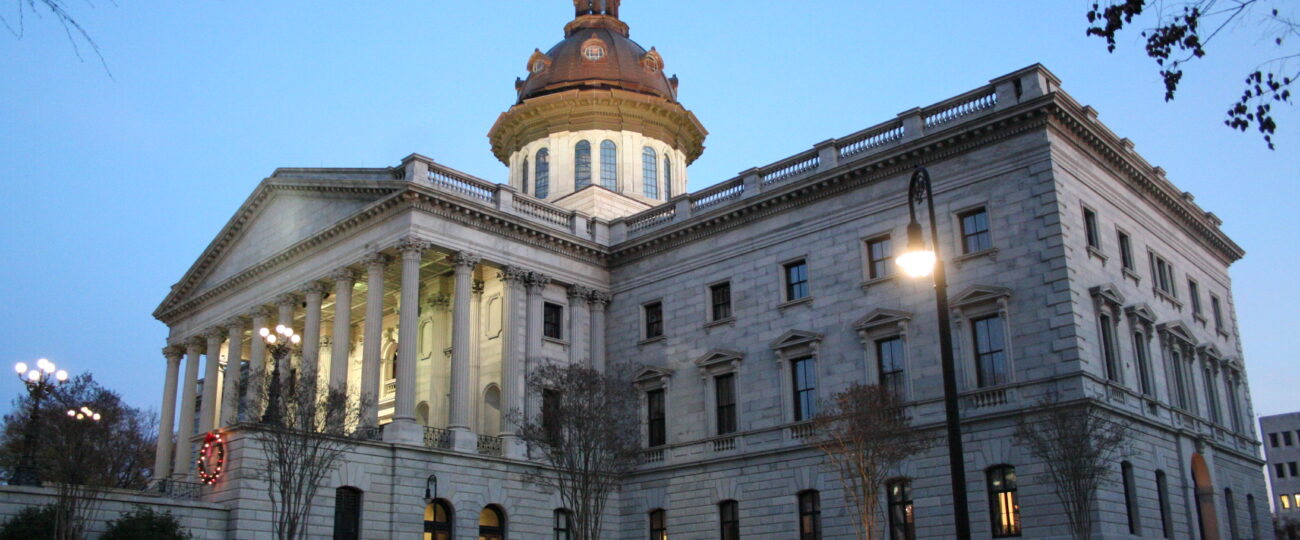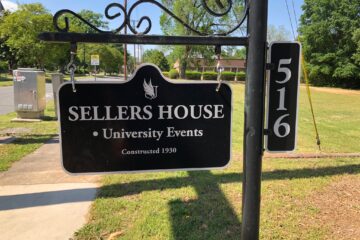Amid the backdrop of similar education bills being proposed across the United States, both the South Carolina House and Senate have proposed bills to ban the instruction of critical race theory in all public schools and universities.
Critical race theory is defined as “a collection of concepts that race is a social construct, that racism is prevalent in American and Western society and that legal institutions are structured in such a way to perpetuate that racism,” according to Merriam-Webster Dictionary.
Both SC H3464 and SC S0246 strive to ban the instruction of what their legislative sponsors deem to be critical race theory.
SC H3464 states that “public school districts, public schools, and public institutions of higher learning may not: direct or otherwise compel students to personally affirm, adopt, or adhere to the tenets of critical race theory; or introduce a course of instruction or unit of study directing or otherwise compelling students to personally affirm, adopt, or adhere to any of the tenets of critical race.”
This bill defines critical race theory as the notion that “any sex, race, ethnicity, religion, color, or national origin is inherently superior or inferior; individuals should be adversely treated on the basis of their sex, race, ethnicity, religion, color, or national origin; or individuals, by virtue of sex, race, ethnicity, religion, color, or national origin, are inherently responsible for actions committed in the past by other members of the same sex, race, ethnicity, religion, color, or national origin.”
While both bills use similar language to define critical race theory, SC S0246 goes further and instructs the school board of each school district as well as the board of trustees of public universities to develop a curriculum adhering to the policies mentioned in the bill and prohibits teaching what the sponsors of the bill deem to be critical race theory.
The current State Superintendent of Education, Ellen Weaver, has spoken out in the past about her support of banning critical race theory.
“When I talk about standing up against ‘woke ideology’ in our public schools and using our schools for education, not indoctrination, I’m bent on standing up for our teachers, not just for our students,” Weaver said during the debate for the Superintendent of Education election.
On her website, Weaver also called for creating a “Parents Bill of Rights” to “ensure curriculum transparency” and “speak up against any political indoctrination in South Carolina schools.”
Interim Provost of Academic Affairs, Peter Judge, said that “currently there is no need for us to worry.”
“We have our sources at the statehouse and they said it is unlikely that these bills will pass at the moment. However, if something does change then we will respond accordingly.”
The Winthrop Faculty Conference passed a resolution in August denouncing the bills trying to ban critical race theory and that the conference “resolutely rejects any attempts by bodies external to the faculty to restrict or dictate university curriculum on any matter, including matters related to racial and social justice, and will stand firm against encroachment on faculty authority.”
While these bills currently have not moved past the committee stage, if passed, they could majorly change how certain topics are taught and could encroach on academic freedom
“Anything that is an attack on academic freedom concerns me. Anything that could be construed as teaching CRT could get someone reported or fired. A student objects to something they hear in class, they draw attention to it, and it becomes a controversy that threatens someone’s professional livelihood,” adjunct political science faculty member John Holder said.
These bills could also affect how American government and history are taught based on what school district K-12 students reside in.
“Teaching is going to vary based on the politics of the majority of the school board members in your particular school district. I just think we might end up in a system where there’s two different histories and politics being taught entirely based on the politics of where you grew up, which is not good,” assistant professor of political science Brandon Ranallo-Benavidez said.
Not only could these proposed bills impact the teaching of U.S. history but it could also affect the teaching of South Carolina history.
“I teach South Carolina History by emphasizing that we all are members of ‘the family’. Our state’s past was devastated by the injustices of slavery, segregation, and the denial of equality. We have a shared past that has had ‘jagged edges’ and ‘bloody chapters.’ “ So, I teach the complete history of South Carolina, emphasizing the shared voices of all the members of ‘the family.’ We should listen for those voices…all of them,” Eddie Lee, a professor of history, said.
As to why bills like these are being proposed and passed across the country, there are a multitude of reasons.
“I think what’s happening is that the structures in our politics, the media ecosystems, that people are a part of this term critical race theory, like feminism, like queer theory, like other critical theories, it’s not really understood in its true meaning and context by the vast majority of society. It’s because, at least in part, it’s become a cudgel in the culture war that’s driving so much of our politics right now,” Ranallo-Benavidez said.
Lee concurred saying that “The political climate in America at the present time is shaped by shouting and mis-information. Previously, we have argued about topics such as the Vietnam War and Women’s Rights, but the current debate over Critical Race Theory can be shrill and loud. This debate threatens to affect civility and the basic analysis of important things like the modern Civil Rights Movement.”
Holder also agreed, saying that this “has become a culture war issue because someone decided to score political points with it.”
It is important to note that the federal government does not control state and local education policy and curriculum and the only way they could get involved is through the Supreme Court.
“ This Supreme Court has been very willing to overturn federal efforts to curb policy making at the state level. On this question, I don’t know what they will do. I suspect that it will be pretty similar to those others and that they will say no, the federal government has no authority to limit what is and is not taught from state to state or even from school district to school district,” Ranallo-Benavidez said.
Lee said that the most important thing is that “All teachers need to strive to teach the truth, accurate information, explaining it fairly to our students even in these turbulent times.”




